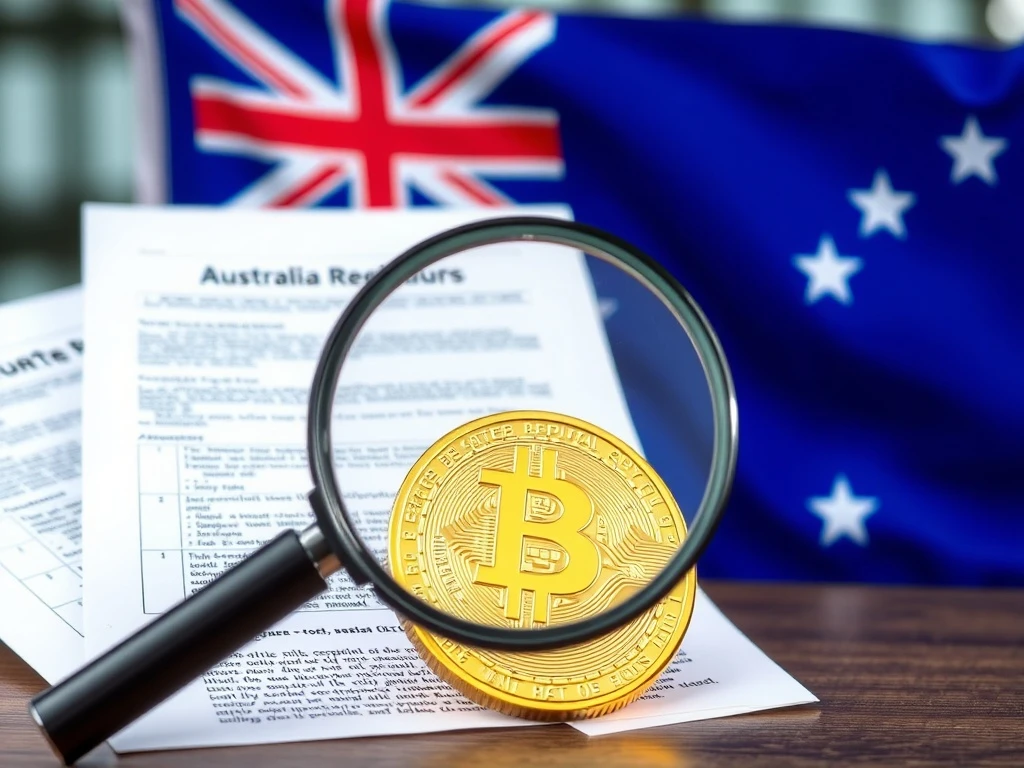Australia’s financial intelligence agency has taken decisive action against the world’s largest cryptocurrency exchange, ordering an external audit of Binance’s anti-money laundering systems after identifying serious compliance deficiencies that could expose the digital asset sector to criminal exploitation.
AUSTRAC’s Directive on Binance Money Laundering Controls
The Australian Transaction Reports and Analysis Centre (AUSTRAC) has formally instructed Binance Australia to appoint an independent external auditor. This directive follows the regulator’s identification of substantial concerns regarding the exchange’s anti-money laundering and counter-terrorist financing frameworks. Consequently, the audit will comprehensively assess whether Binance’s systems meet Australia’s stringent financial compliance standards.
Regulatory Concerns and Compliance Shortcomings
AUSTRAC CEO Brendan Thomas emphasized the growing vulnerability of digital currencies to criminal activities. The regulator specifically highlighted several critical issues:
- Inadequate customer identification procedures
- Insufficient transaction monitoring capabilities
- High staff turnover affecting compliance continuity
- Lack of local senior management oversight
These deficiencies raise significant questions about the effectiveness of Binance’s governance structures for preventing financial crimes.
Binance’s Response to Regulatory Scrutiny
Matt Poblocki, Binance Australia and New Zealand general manager, acknowledged AUSTRAC’s decision while characterizing the audit as a supervisory measure rather than an enforcement action. The exchange faces mounting pressure to demonstrate robust compliance mechanisms across its global operations, particularly in jurisdictions with sophisticated regulatory frameworks like Australia.
Historical Regulatory Challenges in Australia
This latest development continues Binance’s ongoing regulatory challenges in the Australian market. Previously, the Australian Securities and Investments Commission (ASIC) took legal action against Binance Australia Derivatives regarding consumer protection failures. Additionally, ASIC conducted office searches in 2023 as part of an investigation into the exchange’s discontinued derivatives business operations.
Banking Access and Operational Impact
Binance’s Australian operations have faced significant banking challenges since 2023 when payment services provider Zepto ceased support. This disruption forced the suspension of Australian dollar services, requiring users to utilize alternative withdrawal methods including stablecoin conversions and peer-to-peer trading options. The banking limitations continue to affect user experience and operational efficiency.
Global Regulatory Context and Implications
The Australian audit directive reflects broader global regulatory trends targeting cryptocurrency exchanges. Regulators worldwide are increasing scrutiny of digital asset platforms’ compliance with anti-money laundering standards. This heightened oversight demonstrates authorities’ growing concern about potential criminal exploitation of cryptocurrency ecosystems.
Compliance Expectations for Crypto Exchanges
AUSTRAC’s action underscores several critical expectations for cryptocurrency exchanges operating in Australia:
- Implementation of robust customer identification protocols
- Maintenance of effective transaction monitoring systems
- Ensuring adequate local management and oversight
- Demonstrating comprehensive risk assessment capabilities
Frequently Asked Questions
What triggered AUSTRAC’s audit order for Binance?
AUSTRAC identified serious concerns regarding Binance’s anti-money laundering and counter-terrorist financing controls, prompting the requirement for an external audit to assess compliance adequacy.
How does this affect Binance users in Australia?
Current users may experience enhanced compliance checks but can continue trading. Australian dollar withdrawals remain limited to stablecoin conversions or peer-to-peer trading options.
Is this an enforcement action against Binance?
Binance characterizes this as a supervisory review measure rather than an enforcement action, though regulatory consequences could follow if significant compliance issues are identified.
What are the potential consequences for Binance?
Depending on audit findings, Binance could face additional regulatory requirements, operational restrictions, or potential penalties if serious compliance deficiencies are confirmed.
How long will the audit process take?
The timeline remains unspecified, though external audits of this nature typically require several months to complete comprehensively.
Does this affect Binance operations globally?
While specifically targeting Australian operations, the audit findings could influence regulatory approaches in other jurisdictions and prompt global compliance improvements.


















